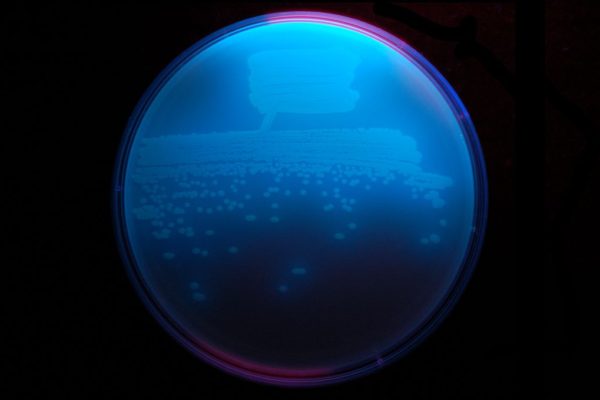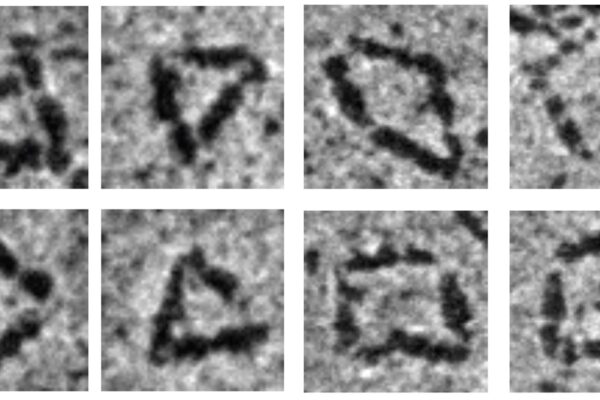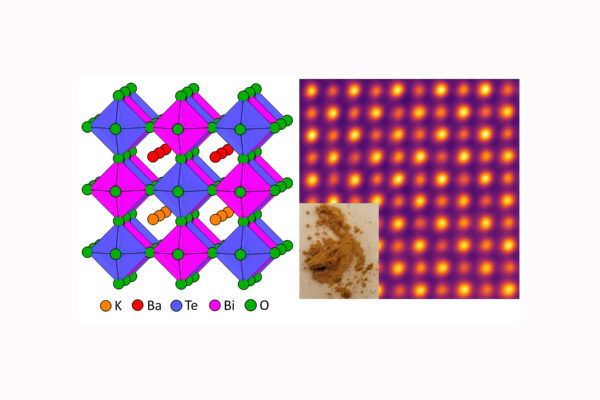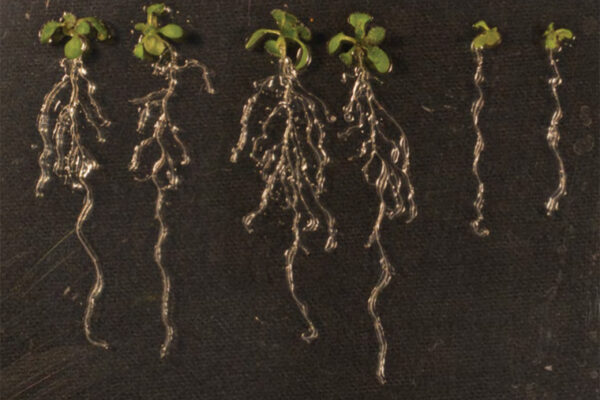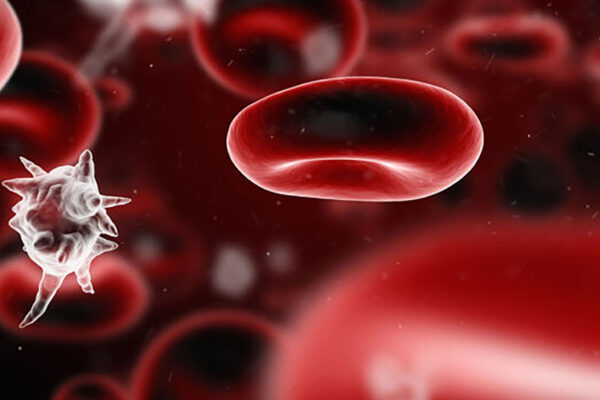First pictures of enzyme that drives new class of antibiotics
Researchers from Arts & Sciences have solved the X-ray crystal structure of the enzyme that makes obafluorin — a broad spectrum antibiotic agent made by a fluorescent strain of soil bacteria. This new class of antibiotics might provide a powerful antidote to the growing scourge of antibiotic resistance.
Washington University launches international travel incident support system
Washington University in St. Louis is committed to the health and well-being of its students, faculty and staff, both on campus and wherever in the world they might be working, studying or engaged in research. That’s why the university is launching a new travel support feature Aug. 1.
Interning local: Universal experience, valuable skills
Going abroad for a semester or the summer is a great opportunity, but the perfect internship isn’t always found halfway around the globe. Sometimes, the perfect internship is right down the street. Here are three Washington University undergraduates who have found experience and opportunity right here in St. Louis.
Sue and Jerry Schlichter receive Harris Award
To honor their support of the St. Louis community, Sue and Jerry Schlichter are the 2019 recipients of the Jane and Whitney Harris St. Louis Community Service Award. Each year, a married couple is selected to receive this award.
Synthetic biology enables protein origami
Fuzhong Zhang, associate professor of energy, environmental & chemical engineering in the McKelvey School of Engineering, and members of his lab have developed a bottom-up approach to build 2D nanostructures, essentially starting from scratch.
A good first step toward nontoxic solar cells
A team of engineers at Washington University in St. Louis has found what they believe is a more stable, less toxic semiconductor for solar applications, using a novel double mineral discovered through data analytics and quantum-mechanical calculations.
Dishonest acts hurt one’s ability to read others’ emotions
Dishonest deeds diminish a person’s ability to read others’ emotions, or “interpersonal cognition,” finds a new study from four researchers, including one from the Olin Business School at Washington University in St. Louis. Another finding: dishonesty breeds “a vicious cycle.”
Putting the brakes on lateral root development
Biologist Lucia Strader in Arts & Sciences discovered a cellular transporter that links two of the most powerful hormones in plant development — auxin and cytokinin — and shows how they regulate root initiation and progression. Understanding why and how plants make different types of root architectures can help develop plants that better cope with distinct soil conditions and environments.
Genes linked to death from sepsis ID’d in mice
Bacteria in the bloodstream can trigger an overwhelming immune response that causes sepsis, a life-threatening condition. Now, researchers at Washington University School of Medicine in St. Louis have found genes that help protect the body’s cells from dying during sepsis, which could lead to new treatments.
Lots of lead in the water? Maybe manganese is to blame
In the right environment, a harmless mineral can do a lot to change the composition of the drinking water that flows through lead pipes. New research from the McKelvey School of Engineering discovers how.
View More Stories
